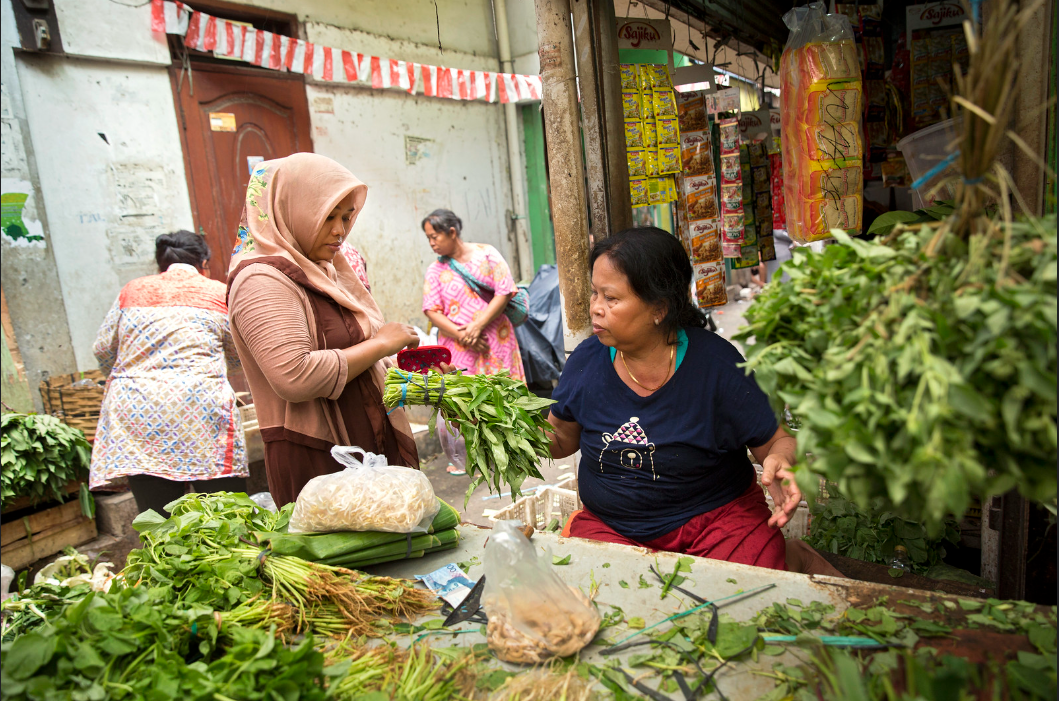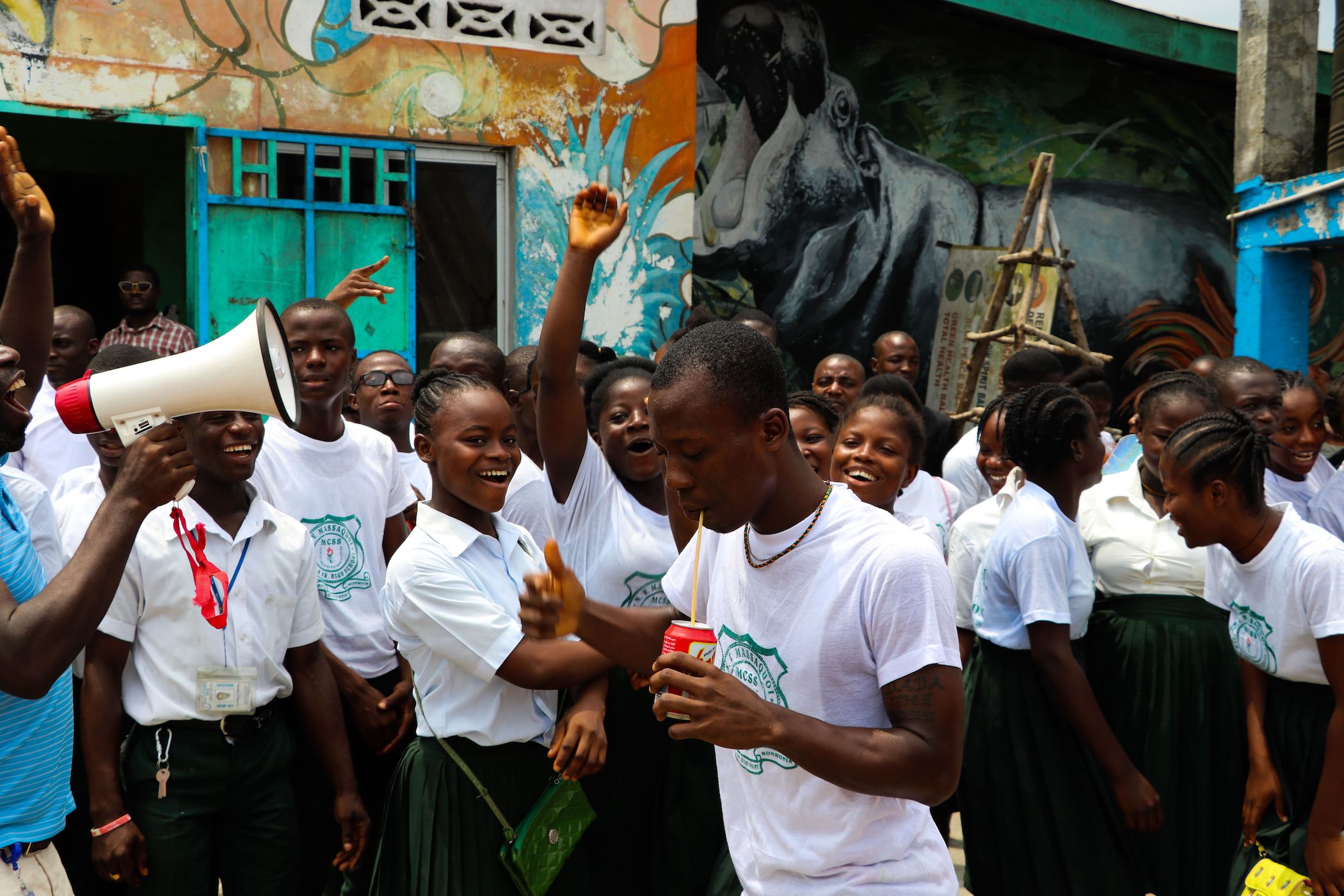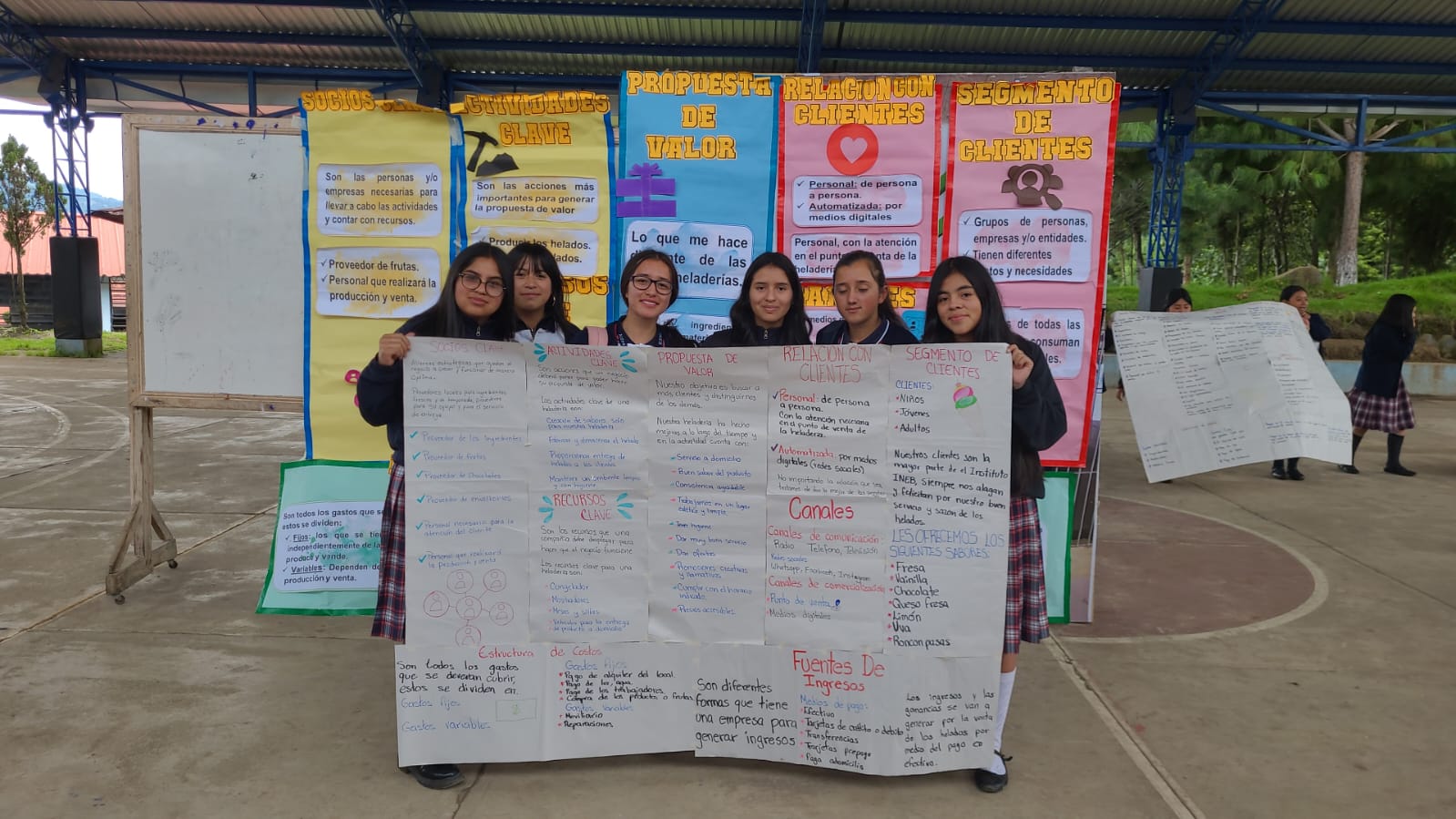Market fires, poor sanitation, low earnings, exploitative taxes and levies, theft, bribery and corruption – these have long been part of the stressful, often dangerous, daily lives of street vendors and market traders in Accra, Ghana.
Working as hairdressers, seamstresses, and sellers of food, utensils, cloth, shoes or electronics, these street vendors make up an estimated 73 per cent of the economic activity of the Greater Accra Metropolitan Area (GAMA). However, they have not enjoyed the same occupational health and safety protections as those workers in the much smaller formal economy.
Until recently, they have also been largely unaware of both their rights as citizens and their ability to demand better working conditions through organised, collective action.
Learning how to take collective action
Working with Women in Informal Employment: Globalizing and Organizing (WIEGO) and other key organisations, these workers have begun to speak out on their own behalf and learned new skills, ranging from how to douse a fire with a wet jute sack, to basic bookkeeping and public speaking. They have also established a dialogue with local officials to improve occupational health and safety over the long term.
It has not been an easy fight. As a starting point, the leadership of the two organisations at the centre of this struggle – the Makola Market Traders Union (MMTU) and the Ga East Traders Union (GATU) – recognised that their members needed to come together to share their experiences and ideas.
They also needed to be educated about their rights. According to a 2010 study, many of GAMA’s street vendors did not know that Ghana’s 1992 constitution mandates accountability on the part of local assemblies, and establishes the rights of citizens and groups to meet with their political representatives regularly to raise and discuss issues that impact the health and welfare of their communities.
These assemblies make local bylaws and issue permits for market and street vendors, and representatives can be recalled if citizens find them to be ineffective.
While all Ghanaians have access to curative health services thanks to the 2003 National Health Insurance Scheme (NHIS), market vendors are seeking preventative measures such as bylaws regulating environmental health and sanitation to improve their working lives.
Their demands include:
- Better waste disposal systems to avoid clogged drains and gutters, which lead to often intolerable smells and disease vectors that can cause food poisoning and diarrhea
- Improved cooking equipment and access to fire extinguishers
- Better lighting and security measures to prevent traders from being preyed upon by criminals
- No more harassment from local officials who demand unreasonable fees, taxes and levies, and destroy market goods if they do not receive payment
- An end to misuse and embezzlement of market revenues by corrupt government institutions
Workshops to empower, educate and foster dialogue
Members of the Makola Market Traders Union and the Ga East Traders Union began with a goal to fight local authorities when they harassed vendors and to aid any vendor who lost wares due to theft or fire. However, they soon recognised the need to be proactive as well as reactive.
Partnering with WIEGO, the two street vendor organisations learned that they would have to begin to apply pressure on government authorities from below. In order to do that, they also knew they had to make sure their members were well informed about how Ghana’s governance institutions work.
To achieve that goal, WIEGO and the Institute for Local Government Studies (ILGS), a Cities Alliance grantee under the Ghana Country Programme, held workshops for traders in Accra that covered a wide range of topics, including:
- The structure and functions of Ghana’s local government system
- The relationship that must exist between the local government authorities and the small business and informal sectors
- Occupational health and safety issues, and the environmental and public health responsibilities of local government authorities
- Assertiveness and confidence building
- Advocacy skills and public speaking
- Basic bookkeeping and records management
- Working with the media; and
- How to put their ideas into action through planning.
WIEGO and ILGS also organised meetings between traders and city government officials from departments dealing with municipal taxes and finances. At these meetings, traders had the opportunity to engage in a dialogue with officers from the National Board for Small-Scale Enterprises, the Ghana Revenue Authority, Accra Metropolitan Assembly (AMA), National Health Insurance Scheme (NHIS), the Informal Sector of the Social Security and National Insurance Trust.
At the same time, WIEGO worked with ILGS and the Ghana Trade Unions Congress (TUC) to apply pressure from the top. Both of these organisations are well placed to help improve workers’ conditions. ILGS trains government service staff, while the Ghana TUC is partnering with nine other organisations to form the Council of Informal Workers’ Associations (CIWA) and conducting research on labour laws and bylaws that affect market traders.
While recognising that significant change takes time, market traders who participated in the workshops reported feeling more confident and assertive about dealing with authorities. Other signs of progress have included the construction of new markets with access to toilet and sanitation facilities, provision of fire extinguishers, and ongoing dialogue with local authorities to resolve problems.
According to Togbe Drayi, Project Coordinator and Head of the Organising Department at the Ghana TUC, it was particularly gratifying to meet with city officials and judges and discover that they agreed with the research findings that informal workers endure “appalling injustice.” The revelation, says Drayi, reinforces the need for ongoing and in-depth dialogue between officials and market workers.
“Those of us who profess to be out there for ordinary workers should fight more seriously for them and engage more with these stakeholders,” Drayi said. “We should not just assume that organisations and establishments that are in place automatically know what to do to bring improvement into the organisation of informal economy workers.”
WIEGO’s work with street vendors in Ghana under the Inclusive Cities Project is supported by a grant from the Bill & Melinda Gates Foundation managed by the Cities Alliance.




